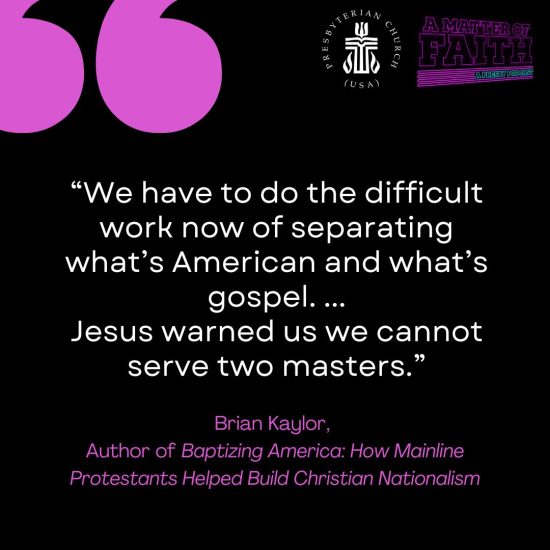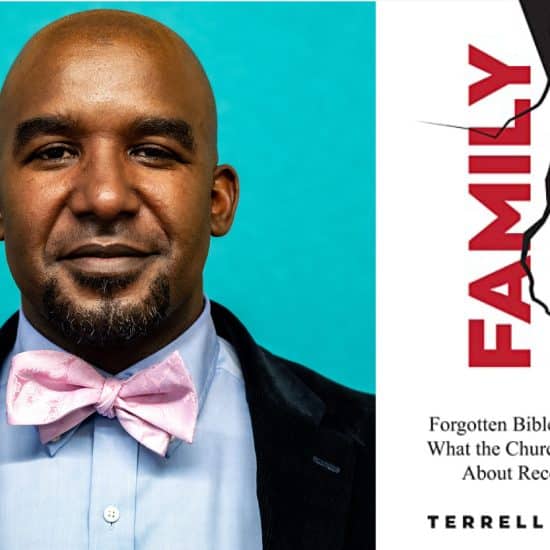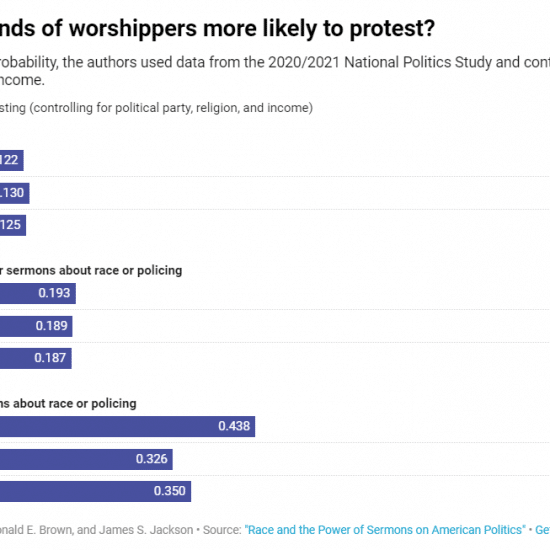HERNDON, Va. (ABP)—Most congregations know healthier clergy lead to healthier churches, but few consider how clergy wellness and congregational busy-ness are related, said Larry Golemon, an ordained Presbyterian minister and former research manager at the Alban Institute.
“Clergy wellness can be understood by the term ‘shalom,’ a state of well-being intended for God’s creation,” Golemon writes in the Alban Institute’s Congregational Resource Guide.
Gwen Halaas, director of the Center for Interprofessional Education at the University of Minnesota, writes, “God wonderfully creates us as physical, emotional, social, intellectual, vocational and spiritual beings.”
From that perspective, Golemon adds that “wellness is nurtured by keeping the right balance between these God-given dimensions for all congregation members; and clergy are expected—fairly or not—to do an exemplary job of this.”
Assuming their clergy have unusual spiritual resources that give them an edge in staying healthy, Golemon said, many congregations pile expectations on clergy. He maintains churches need to accept their ministers are human, just like anyone else, and need the same kinds of support and resources for personal and professional well-being as other members of the faith community. Some experts believe they need even more.
Studies show many clergy suffer enough personal, familial and occupational stress to put their health and vocation in jeopardy, Golemon said. Those pressures include problems in a family or marriage, a bad vocational match, relational and emotional deficiencies and time demands and emotional pressure of the ministry.
Other factors for ministers are boundary intrusions on clergy families, the stress of high expectations against the limitations of congregational life and the relative isolation and lack of interpersonal resources compared to other helping professions.
That points to the need “for more active work by clergy to engage in spiritual renewal and self-care,” Goleman said. But congregations also have a role in helping to “shape realistic expectations and evaluations of the work” that pastors do.
Clergy wellness also involves personal support of the minister’s commitments outside of congregational life, such as family, time with clergy colleagues and their own self-renewal. Goleman quotes one pastor who told him, “I have two therapists: Harley and Davidson,” and his rather straight-laced congregation relishes the outlet and image.
In addition to things like planning and honoring vacations, days off and time for personal study or recreation, Goleman says clergy and churches can do several things to promote wellness of both minister and congregation.
Using Halaas’ definition, he outlines the following strategies for:
• Spiritual well-being. “Examples of spiritual practices that congregations and clergy can pursue together or support in one another include meditation and prayer, regular Scripture and theological study, meaningful corporate worship, sabbatical and study time and Sabbath-keeping—the time set aside for rest, renewal and spiritual enjoyment.” Intentional spiritual practices and relationships “are a source of pastoral resilience through times of stress and trial,” Golemon said.
• Emotional well-being. “One of the best ways to cultivate emotional health and healthy relationships in the work setting is for congregations to be holistic and collaborative in clergy/staff evaluation and professional support.” One model advocates “mutual ministry” that a pastor shares with the congregation by evaluating the professional ministry alongside that of key lay leaders. Such systems, Golemon says, “foster mutual accountability and shared work ethics in the church.” Other safeguards for healthy relationships include “coaching of conflict” when it arises, emphasizing “healthy forms of communication and responsive decision-making by clergy, staff and laity.”
• Vocational well-being. “There are many approaches for clergy to strengthen their vocational health, and for congregations to support them. They might consider preaching and sharing more about their own vocations, as a way to inspire and reflect with congregants about pastoral and the religious calling.” Pastors also can seek peer groups to reflect on the meaning of their work and support one another in study. Developing a leadership style that fits is essential to vocational health. Golemon says clergy also should expect their sense of vocation to change over time, in various “seasons of ministry.”
• Intellectual well-being. “Intellectual well-being can be strengthened in so many ways through clergy practice and congregational life that it is harder to pinpoint. Clearly resources around continuing education and life-long learning is helpful here, as clergy—like other service professions—need time to update their skills, knowledge and self-reflection on their work.”
• Financial well-being. “Congregations can be most supportive in two ways: first by paying their clergy and staff well and by offering financial services to clergy, like tax advice and financial planning—often available from members.”






